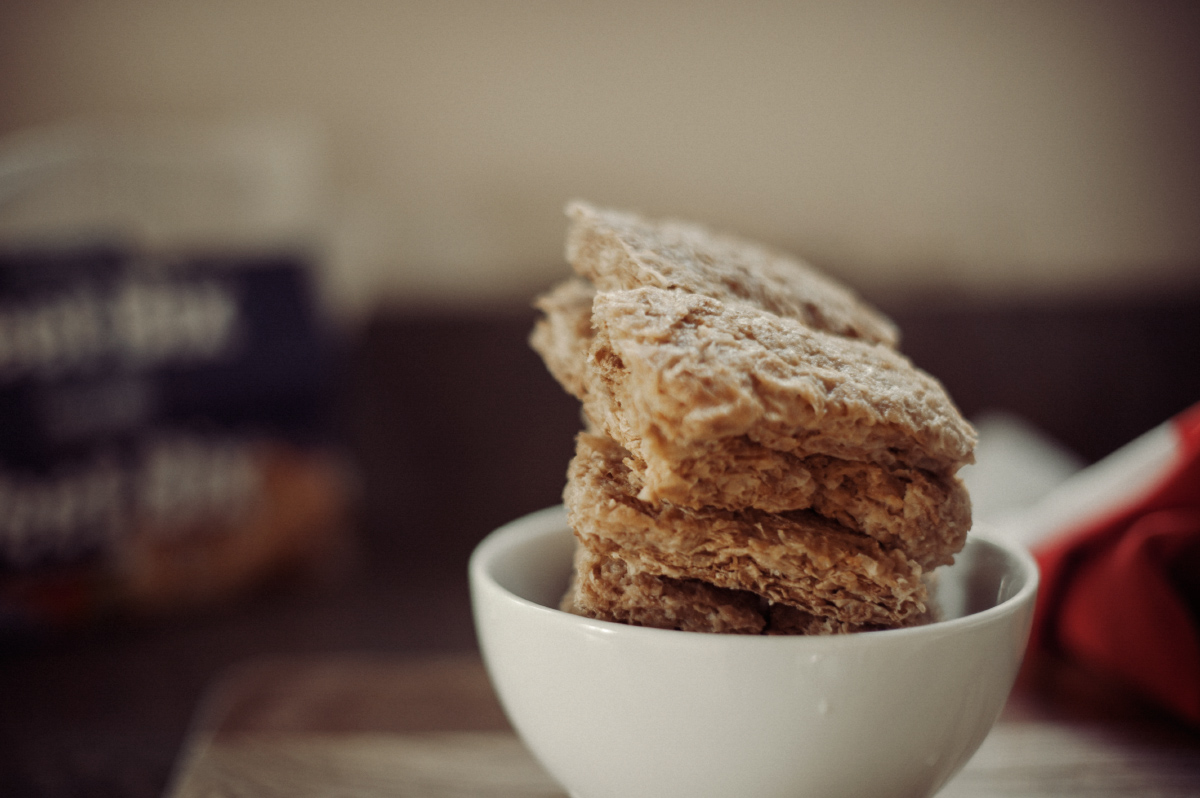
123—
‘Leaky Gut’

With most Natural Health Practitioners ‘the job’ chooses them. They, or someone they love, got sick. Orthodox medicine couldn’t help them, and in some cases orthodox medicine made them worse. They also realised that they were going to have to do all the hard work themselves (the research and making the necessary, ongoing changes), if they were ever going to get better.
Every Natural Health Practitioner has a story. Here’s mine…
Almost 20 years ago, I woke up one morning, almost unable to move, from the severe pain and stiffness I was experiencing throughout my whole body. All my muscles had gone into an excruciating spasm.
This affliction came on overnight (at least I thought it had). I woke up feeling like I had been in a car accident. I was scared. I didn’t know what was happening to me. And no, I wasn’t extremely hungover!
I didn’t know what to do. My partner at the time didn’t know what to do either. He was also frightened and confused. I had woken up with pitch black shadows under my eyes. I couldn’t turn my neck or move properly. My neck muscles were actually straining under the weight of my head. I was afraid to even breath too deeply. However, being typical kiwis with our ‘she’ll be right’ mentality, we just waited it out. And sure enough, she was alright. I felt much better within a few days.

Following this acute muscle spasm episode, I continuued to suffer from less severe muscle issues including moderate pain, headaches, weakness, and stiffness. When we came back to New Zealand I started looking for some answers. Unfortunately, my Doctor didn’t know what was wrong with me, and just offered me muscle relaxants and pain medication.
My mother sent me to a Natural Health Practitioner in Dinsdale, Hamilton – a man by the name of Mr McGowan. He diagnosed me with gluten, dairy and carrot intolerances (using a urine sample). He simply said that they were bad for me, and told me not to eat them. He also offered me suggestions on some foods I might like to eat instead. Back then, I didn’t even know what gluten was! At the time I was vegetarian, and I only knew gluten as the ‘stuff’ they added to non-meat meals at the Chinese takeaway. Oh, how things have changed over the last 20 years!
This was my first (official) introduction to food intolerance.


It was hard to believe that something I was eating was causing my body to turn against itself. During this time, it felt like my muscles were working against me, rather than for me. However, I followed Mr McGowan’s advice, and couldn’t believe how much better I felt! It was amazing to be pain free again! It was like sweet release. My body felt lighter and freer, and I finally had some strength in my muscles. I actually felt like a ‘young person’ was supposed to feel!
Unfortunately, this fabulous feeling didn’t last.
Because I didn’t understand the interactions between these foods and my body, I continuued to make mistakes with my diet over the next year or so. I suffered several more ‘episodes’ of extreme muscle spasm. For up to a week at a time, I wouldn’t be able to turn my neck, or get any relief from my neck-pain during sleep, as my neck couldn’t support the weight of my head. It was pure agony.
It took me a long time (on my own) to figure out what was actually happening and what I could and couldn’t get away with. And it wasn’t until I actually studied Naturopathy that I finally understood how it all worked. Now, I am passionate about getting people on the right track to achieve the quickest possible results, with the least amount of grief along the way!
It is important to understand that food intolerance is only temporary.
More blog-posts from me on food intolerance:
Food. Inglorious Food!
The Two-Fold Effect
The Mane Attraction
You can develop an intolerance to any food group – whether it’s considered ‘good’ for you or not. Therefore, don’t over-do-it with anything!
To avoid creating a food intolerance, or to manage mild intolerances, & sensitivities:
1—Make sure your diet is full of variation
2—Eat ‘small’. Use only a few ingredients per meal, and have moderate portion sizes (have your variety throughout the week not per meal)
3—Only eat your ‘favourite’ things 2-3 x weekly e.g. bread, potatoes, and cheese
If you follow this advice and you still experience health complaints, then you may have a severe food intolerance. The only way to correct this is to remove the food group completely for a small period of time. If you do suspect you have a severe food intolerance, then you should talk to your Natural Health Practitioner for more advice.
The symptoms of a food intolerance aren’t limited to an upset in the digestive system e.g. bloating, pain, and diarrhoea. It can effect any system in your body. For example: musculoskeletal, nervous, immune, and integumentary (skin)
This particular type of ‘allergy’ is temporary! They’re not like fixed allergies (immediate hypersensitivities) which are lifelong. For example, a person with a seafood allergy will never be able to eat this food group, or they would keel over and die (without the use of their trusty EpiPen – an adrenaline shot).
Cyclic allergies are something that you create yourself over a period of time. Thankfully, you can also ‘uncreate’ these — over a period of time! Food intolerances come and go throughout your life, depending upon how much of a particular food group you eat (quantity and frequency). It also depends on how you eat. Eating under ongoing stressful conditions increases the potential to create food intolerance e.g living overseas for a short period of time, grieving, relationship issues.
With the majority of people, if they have a severe intolerance to anything, it simply means they will need to avoid it for a small period of time — usually 3–6 months. If you have been avoiding a particular food group for more than 9–12 months, then you should talk to your Natural Health Practitioner.
To establish whether you have sensitivities and intolerances (mild or severe), I commission hair analysis testing. More on this in a future blog post.

Lisa Fitzgibbon is a degree qualified (2006), experienced and registered Naturopath & Medical Herbalist. She runs her own private practice – OOMPH in Grey Lynn, Auckland, New Zealand.
Lisa has been involved in the Natural Health industry for 16 years. She draws on her professional training and experience, as well as her own personal experience to bring you realistic, holistic health advice.
Book onlineSubscribe to LISA SAID SO
Subscribe to the LSS newsletter to get updates on a very irregular basis.
Sorry for the interruption!
You seem to be interested in what Lisa has to say. To be updated when new articles are published, or we have news to share, enter your email below. Thanks!